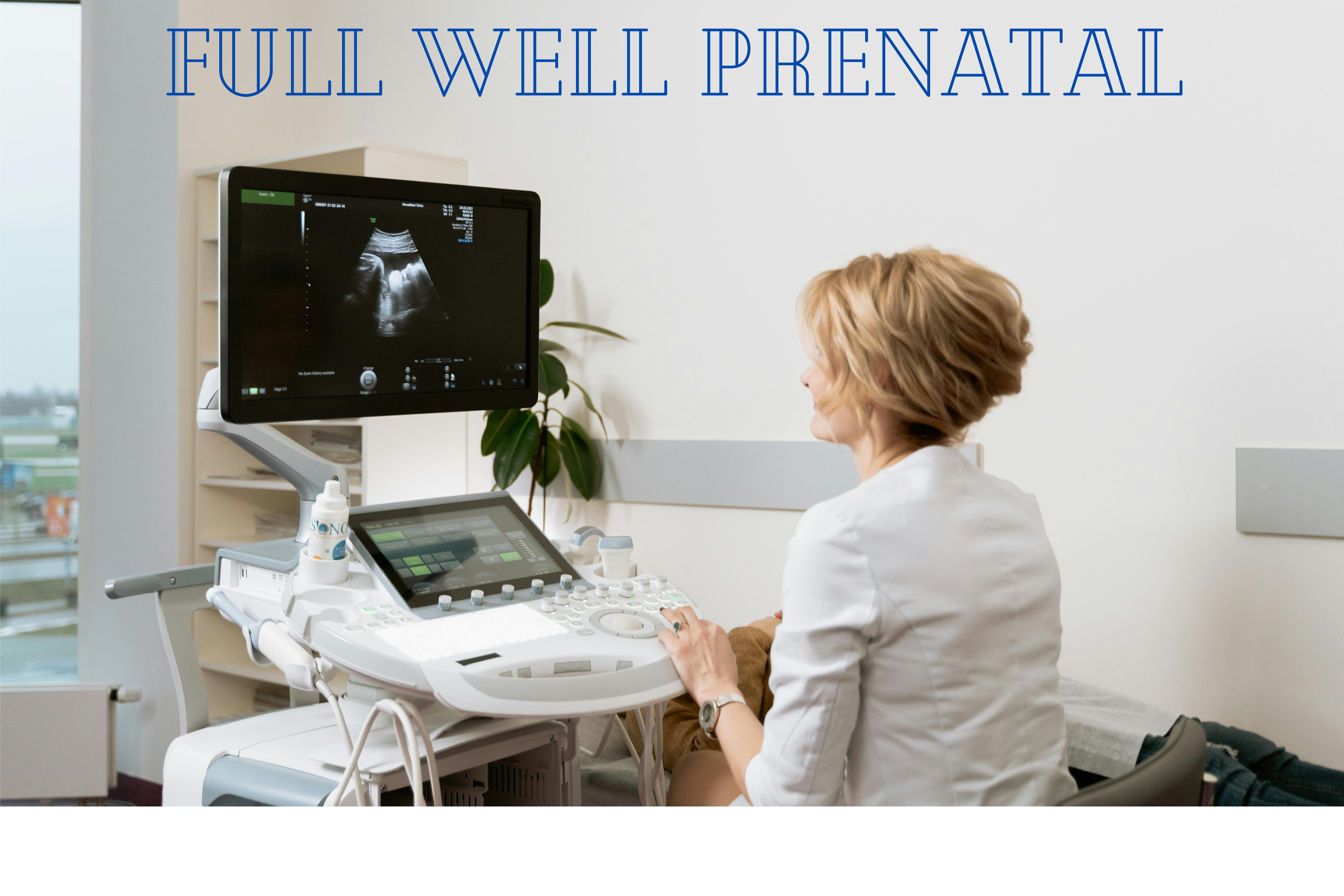Introduction: Embarking on the journey of pregnancy is a remarkable experience filled with anticipation and joy. Amidst this excitement, prioritizing full well prenatal care is paramount for both the mother’s and baby’s health. This comprehensive guide explores essential steps and strategies to ensure a healthy pregnancy from conception to delivery.
Full Well Prenatal: Understanding Its Importance
During pregnancy, full well prenatal care encompasses a range of practices aimed at safeguarding the health and well-being of both the mother and the developing baby. From regular medical check-ups to lifestyle adjustments, each aspect plays a crucial role in nurturing a healthy pregnancy. For more blogs 96 well plate template.
The Role of Nutrition in Full Well Prenatal Care
Proper nutrition is fundamental for a healthy pregnancy. Consuming a balanced diet rich in essential nutrients like folic acid, iron, and calcium supports the baby’s growth and development. Incorporating plenty of fruits, vegetables, lean proteins, and whole grains ensures optimal nourishment for both the mother and baby.
Importance of Regular Prenatal Check-ups
Regular prenatal check-ups are vital for monitoring the progress of the pregnancy and detecting any potential complications early on. These appointments allow healthcare providers to assess the mother’s health, track the baby’s growth, and provide guidance on maintaining a healthy lifestyle throughout pregnancy.
Exercise and Physical Activity Recommendations
Staying active during pregnancy offers numerous benefits, including improved mood, better sleep, and reduced risk of gestational diabetes. Engaging in low-impact exercises like walking, swimming, and prenatal yoga helps strengthen muscles, alleviate discomfort, and promote overall well-being.
Managing Stress for a Healthy Pregnancy
Pregnancy can bring about various emotions, and managing stress is essential for both maternal and fetal health. Practicing relaxation techniques such as deep breathing, meditation, and mindfulness can help alleviate stress and promote a positive pregnancy experience.
Importance of Adequate Sleep
Getting enough sleep is crucial for expecting mothers to support their physical and emotional well-being. Establishing a consistent sleep routine, creating a comfortable sleep environment, and practicing relaxation techniques can enhance sleep quality during pregnancy.
Hydration and Its Impact on Pregnancy
Staying hydrated is vital for maintaining optimal health during pregnancy. Drinking an adequate amount of water helps prevent dehydration, supports healthy digestion, and aids in the transportation of essential nutrients to the baby.
The Role of Prenatal Vitamins
Prenatal vitamins play a critical role in filling nutritional gaps during pregnancy. These supplements provide essential vitamins and minerals, such as folic acid and iron, which are vital for the baby’s development and reducing the risk of birth defects.
Preparing for Labor and Delivery
Educating oneself about the labor and delivery process can help alleviate anxiety and ensure a smoother experience. Attending childbirth education classes, discussing birth preferences with healthcare providers, and creating a birth plan can empower expectant mothers to make informed decisions.
FAQ’s about Full Well Prenatal Care:
Q: What are some common prenatal vitamins recommended during pregnancy? A: Common prenatal vitamins include folic acid, iron, calcium, and omega-3 fatty acids, which support the baby’s development and reduce the risk of birth defects.
Q: Is it safe to exercise during pregnancy? A: Yes, it’s generally safe to exercise during pregnancy. However, it’s essential to consult with a healthcare provider before starting any new exercise regimen and to avoid high-impact activities.
Q: How often should prenatal check-ups occur? A: Prenatal check-ups typically occur once a month during the first two trimesters, then increase in frequency to twice a month during the third trimester, or as recommended by a healthcare provider.
Q: What are some relaxation techniques recommended for managing stress during pregnancy? A: Relaxation techniques such as deep breathing exercises, meditation, prenatal yoga, and guided imagery can help manage stress and promote relaxation during pregnancy.
Q: Are there any specific foods to avoid during pregnancy? A: Yes, certain foods should be avoided during pregnancy due to potential risks of foodborne illnesses or harm to the baby. These include raw seafood, unpasteurized dairy products, and undercooked meats.
Q: How can expectant mothers prepare for labor and delivery? A: Expectant mothers can prepare for labor and delivery by attending childbirth education classes, discussing birth preferences with their healthcare providers, and creating a birth plan that outlines their preferences for labor and delivery.
Conclusion:
Prioritizing full well prenatal care is essential for ensuring a healthy and successful pregnancy journey. By incorporating proper nutrition, regular prenatal check-ups, exercise, stress management techniques, and adequate rest, expectant mothers can optimize their health and well-being for the benefit of themselves and their babies.
